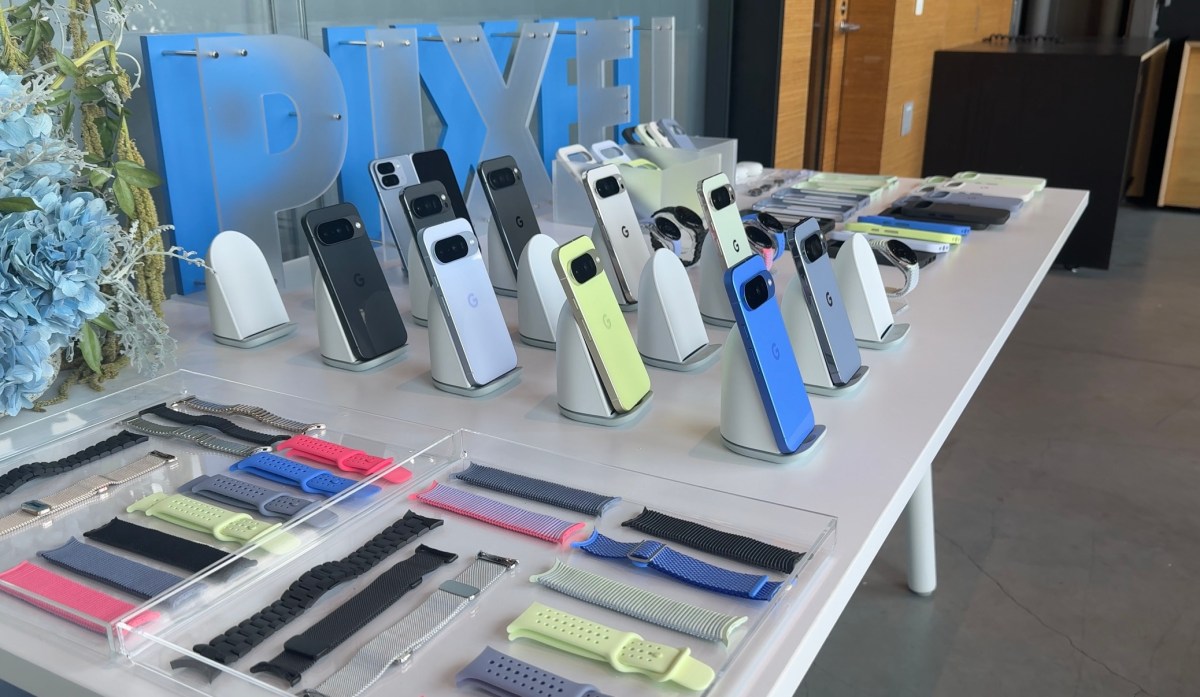
Google's Made by Google 2025 event centered on making AI a seamless part of everyday phone use. The new Pixel 10 family brings Gemini AI deeper into the operating experience, pairing on device processing with cloud assisted models to deliver smarter assistants, generative features in core apps, and context aware suggestions that simplify daily tasks.
Smartphone upgrades have slowed as devices mature, so manufacturers are turning to artificial intelligence to stand out. The Pixel line has long led with computational photography and machine learning. For 2025, Google is pushing a unified approach: hardware tuned to AI workloads plus Gemini driven features that focus on real world usefulness rather than novelty.
The Pixel 10 aims to make AI feel natural by reducing the effort required to use it. From composing contextually appropriate replies to automatic photo organization, these are examples of AI powered assistants that help rather than distract. For shoppers wondering which to buy, think in terms of high intent searches like best AI smartphones for photography in 2025 or AI powered camera phones when comparing models.
For product teams and developers, Pixel 10 is a nudge to design AI first experiences rather than retrofitting features. The tighter integration between Gemini and device hardware will reward apps that embrace context aware workflows, multimodal inputs, and generative tools that save users time.
Privacy will remain a top concern as devices process more personal data. Clear settings, transparent explanations, and robust security are essential to gain trust. Real world performance of Gemini AI will determine adoption—if suggestions are accurate and helpful, users will keep them enabled; otherwise, features may be turned off.
Pixel 10 is a statement that 2025 could be the year AI smartphones move from add on features to core design principles. With Gemini at the center, Google hopes to lead the next wave of AI phone innovations by delivering useful, context aware assistance while balancing privacy and battery life. For consumers, that means more intelligent daily tools. For creators and businesses, it signals a shift to designing AI driven, user focused experiences.



